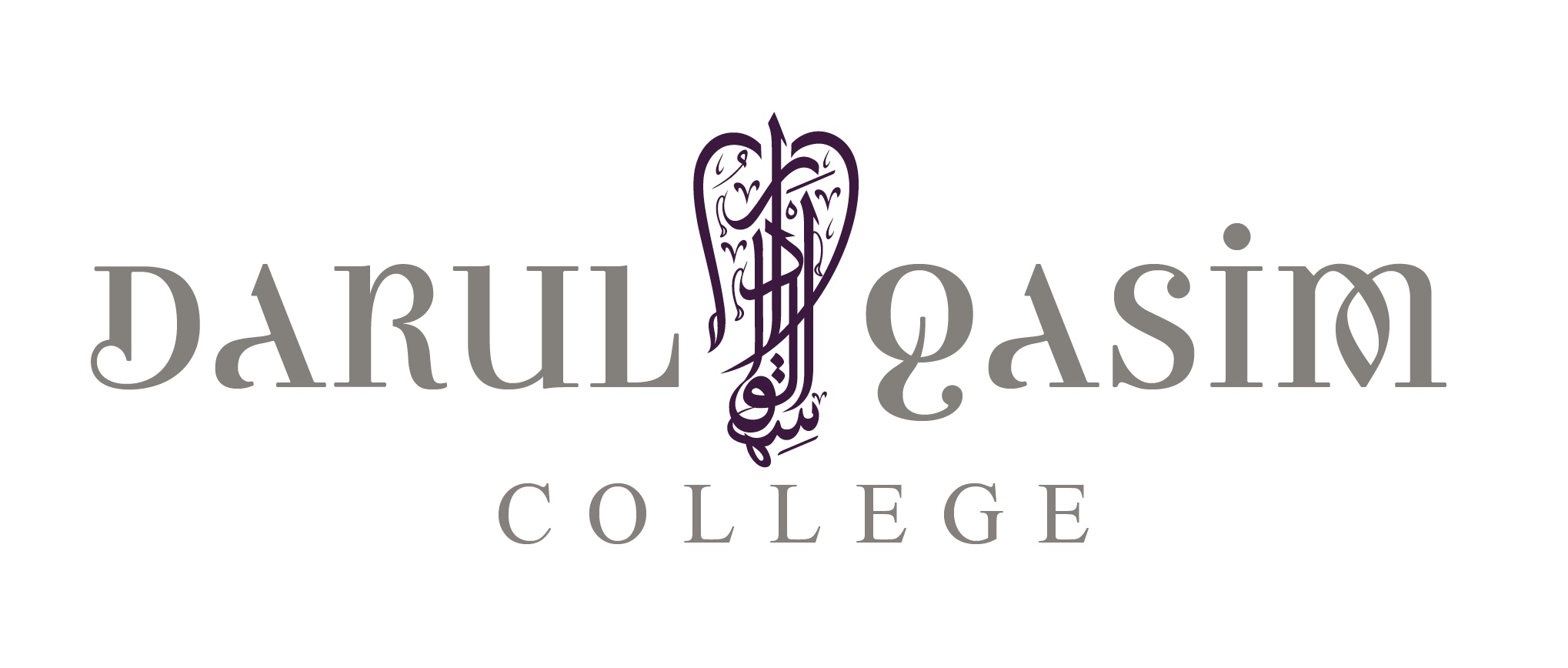Dr. Omar Hussain & Dr. Umar Shakur
Doctors Engage with Islamic Bioethics
“What happens when you examine the foundation of religion and the foundation of medicine? And on what basis can medicine and religion engage one another?” These were the questions that Darul Qasim was charged to answer when invited to the annual Conference on Medicine and Religion in April 2018 in St. Louis, MO. While the questions appeared novel and the answer was difficult to predict, the methodology used by a small team of medical professionals who are students from Darul Qasim has been learned and rehearsed for years.
My first exposure to Darul Qasim was before it was officially established in the year 2000. Following the winter tarawīḥ prayers at Islamic Foundation in Villa Park, Illinois, a man with a British accent would provide an explanation of the verses recited that night in a manner that was academic, cogent, and promoted further inquiry. He did not merely answer “What’s the next verse”, he asked “What does it mean that this verse is the next verse in the surah?” Shaykh Amin respected the intelligence of that post tarawīḥ audience in the late 1990’s.
Fast forward almost 20 years and Darul Qasim is infused with a culture that respects questions asked in a spirit to foster better understanding leading to a group of students that reflects, and then distinguishes among possible responses. These distinctions save the students from saying things we do not want to say, and then clarifying what we do want to say by leading to further inquiry. This ability to sort our views within the realm of better or worse is one of the aims of Darul Qasim, as is the ability to provide evidence for our views.
Evidence is a large part of my professional life as a Pulmonary and Critical Care physician. Physicians desire treatments for our patients that are evidence based. We avoid handpicking data that favor a prior bias. We avoid ignoring data that ‘doesn’t fit’. At every turn, we avoid the tendency toward self-deception. We should believe that being completely independent of self-deception might be the greatest deception of all.
Continually monitoring, re-assessing, and treating our patients occupies the thoughts and efforts of most health care providers. This is what we are trained to do. At Darul Qasim, we are trained to take these habits of ongoing analysis in order to judge patient care activities relative to their ethical implications. How do the patient care activities that I provide affect the hereafter of the patient? How does the activity affect my hereafter? At Darul Qasim, the methodology of answering the questions is determined first. The answer is a natural consequence of the methodology. Learning how to construct a methodology is the skill gained by health care providers who study bioethics at Darul Qasim.
As Dr. Umar Shakur, another physician and student at Darul Qasim, explains:
Beginning in medical school, I began to grapple with questions such as how do we define death as Muslims? What do we think about transplantation? As we face increasing use of stem cells, genetic modification, artificial intelligence, the questions about the limits, scope, and ethics of medicine have never been more important or relevant to our lives.
But to answer these questions, I would need more than just a medical education. Because these issues are where the secular and sacred intersect. Shaykh Amin of Darul Qasim has long understood the need for religious scholars in Islam to work with physicians to explore these topics rigorously and academically. In doing so, he is creating a generation of physicians who will be able to tackle these issues with an authority grounded in religious tradition.
The type of work that Darul Qasim is producing and the research papers published would be the envy of any bioethics department in the US, and is just one of the many projects being undertaken at Darul Qasim. Darul Qasim is creating a generation of scholars and scholarship that will allow Muslims in America to make meaningful contributions to society of some of the toughest problems we face.
Join Darul Qasim and you can witness people participating in the quest for more medical knowledge. I am confident that you will conclude that the process of using evidence leads to creativity and demonstrates success that is reproducible within our Islamic civilization. As students of Darul Qasim, you will likely benefit from the products of scholarship. And after training at Darul Qasim, you may also share your findings at a conference that demonstrates the depth of Islamic bioethics.
Dr. Omar Hussain is a Clinical Assistant Professor of Medicine at Loyola University, and a Theology Student and Researcher at Darul Qasim.
Dr. Umar Shakur is a Noninvasive Cardiologist and Director of Cardiac Rehab at Sturdy Cardiology Associates in Attleboro, MA, and a Student and Researcher at Darul Qasim.
